Much of the buzz around the world amongst people who have nothing to talk about but the latest TV programs is the new show “Black Suits & White Wine”, which promises to show Japan in an entirely new light. It’s a light that shines in a way that could confuse fans who have been led to believe that everything about Japan is cool and amazing.
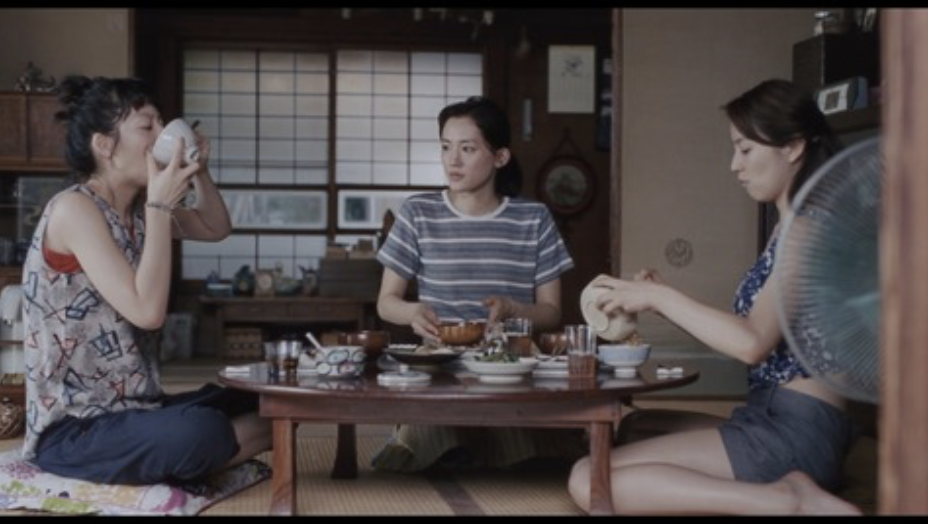
“This is a real game changer,” explained Executive Producer Bruno Scrota at the season launch at a downtown Los Angeles hotel. “Thanks to this program, people are going to see Japan in a whole new light.”
Not one to move away from a microphone hastily, Scrota went on to offer a tantalising glimpse into the show’s innovative angles. Take, for example, news that not one of the main characters will be non-Japanese with a chip on their shoulder. “Almost all the characters can trace their lineage back two hundred years, with neither Koreans or Chinese, nor butchers or hide tanners at all in the family trees. The general understanding is that the characters’ ancestors are rice growers, warriors, and merchants. Indeed, nobody’s family history is stained by so much as a great, great uncle handling dead animals. The creators of the series have actually gone out of their way to make this clear.
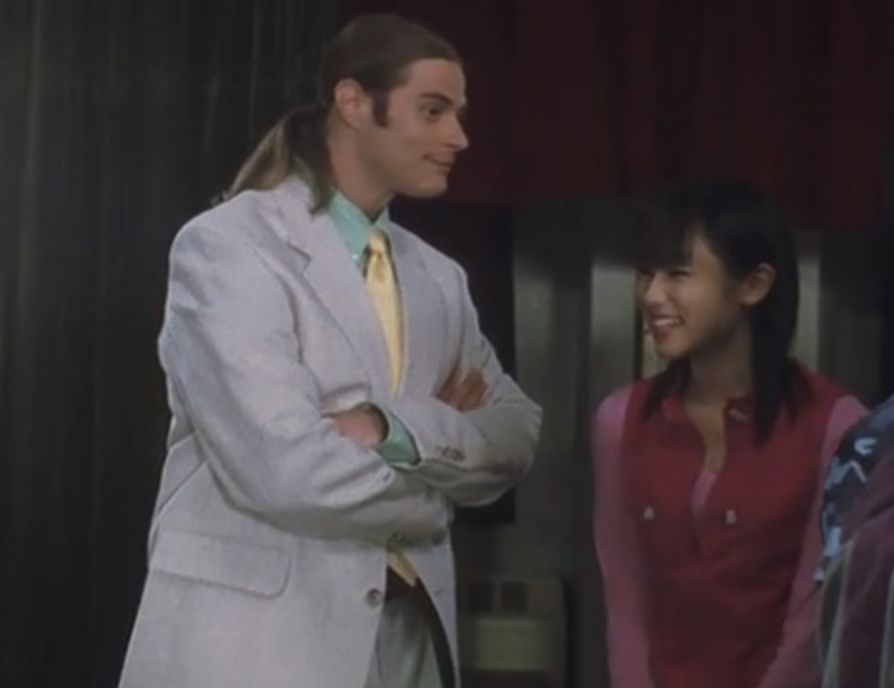
“There will be one foreigner, but that will be a white journalist who gets laughed out of blue-collar bar while trying to get down and dirty with a construction crew. He’s trying to write a book about the unknown side of government contracts and the black economy. However, his Japanese skills are so bad that they bully him into leaving. He tries to suck up to the boss by bringing up a World War II anecdote, but then the boss asks him why he’s mentioning crap that happened so long ago that nobody gives a stuff about it. It’s as refreshing as it is brutal.”
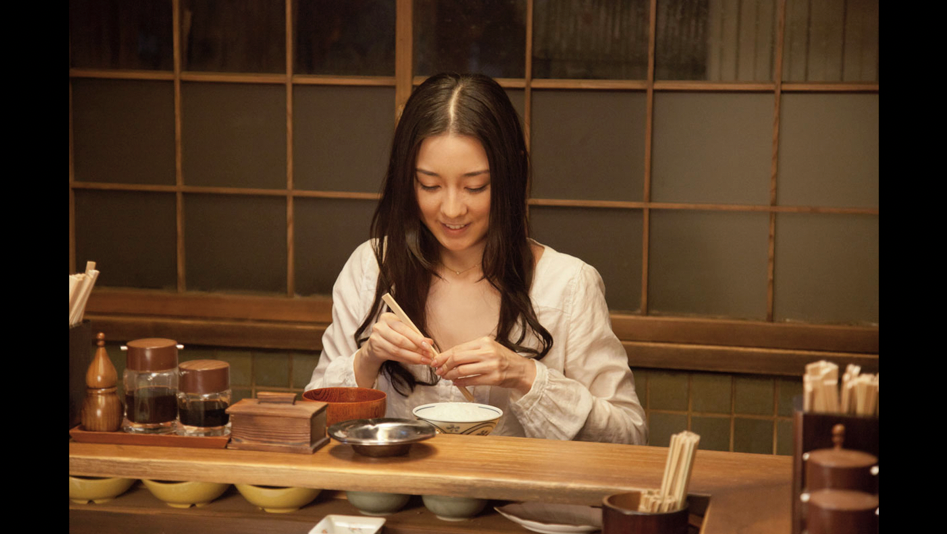
Scrota went on and on so much that I felt that a spoiler alert was called for, but I was too wrapped up in the revelations to care. “The modern day set of friends, family, and aquaintances also features a beautiful young woman who moves to Tokyo, goes to a rough bar but leaves quickly, and soon gets a job at a nice office. As a side story she then happens to have a healthy relationship with a banking loans officer who does absolutely everything by the book. Their soft and tame sex scenes are rumoured to take place at his apartment where neither uniforms, ropes, or magic mirrors are used.”
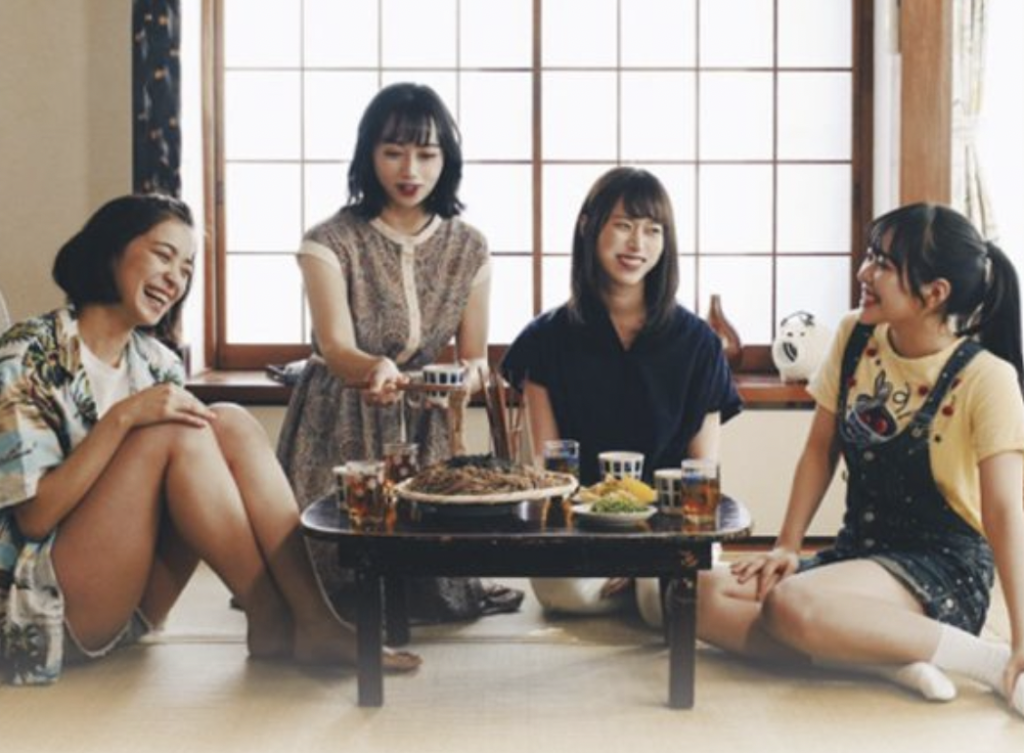
No uniforms worn during sex doesn’t mean no uniforms at all, however. In keeping with tradition, this drama will apparently include a character being whisked off to hospital, where there are competent hospital employees who have some basic idea of how to treat an accident victim without simply shouting their name in their face repeatedly. And the reason for the emergency dash to hospital? “I don’t want to give away too much, but somebody may happen to momentarily forget on which side of the road they should be riding their bicycle,” explained Scota. “Japan’s such an orderly society, so I thought it would be too unrealistic, but I was overruled by our Japanese creative team who insisted that we have that scenario.”
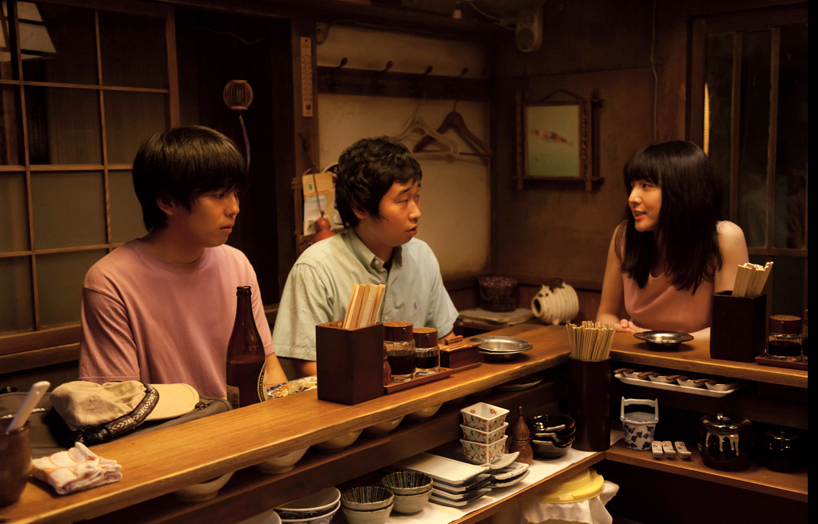
Excited at what I was hearing, I quickly signed a secrecy clause which allowed me to watch a five minute clip of the drama. What I saw was indeed groundbreaking. People were eating a variety of food, chewing it, swallowing it completely, and then speaking. Sometimes the meals are even consumed with a knife and fork, with the regular globally popular sounds of Maroon 5, Taylor Swift, and Adele playing in the background. Did I mention that everyone sits at a normal dinner table to eat? There’s no tatami or low tables to be seen!

Despite the great viewing opportunity, I found myself being constantly interrupted by the motormouthed Scota. “Do you know who I’m really excited about? It’s Kumiko, a stay-at-home mom who disinfects her kitchen and bathroom twice a day. Her quirkiness is bound to win over viewers far and wide. Kumiko tends to spend her time with either busy work or daytime TV, something that I suspect is a throwback to thirty or forty years ago, and not at all related to modern Japan. So too is Junichiro, a cop who never leaves his police box. Together, they add a light comic touch to the series, reminding us that despite the snapshot of modern life in a major city, there are certain production indulgences to give us respite from the day-to-day grind.”








